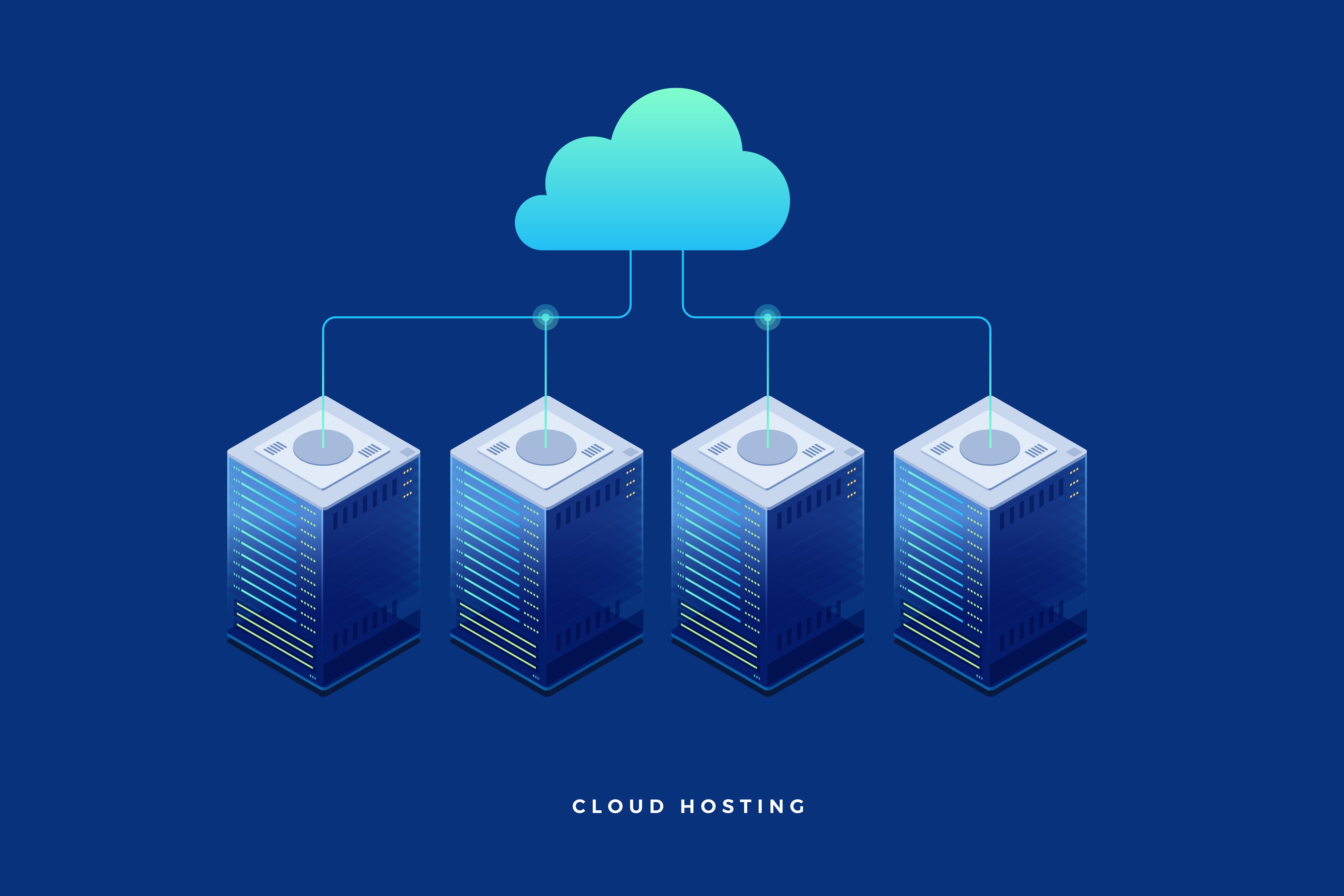Whether you have a startup company or a prominent name in the game, you have to consider the things that are fundamental to the success of your company. These factors, such as security and cost, can heavily affect your business, especially if your services rely on data and information. Investing in a server that can be tailored to match the exact needs of your business is crucial since you will be handling sensitive and private data from your users. As an individual or an entity, your choices will have an impact on how your business will run, you are tasked to find and handle sensitive data without compromising your products or the business itself.
In today’s day and age, more and more hosting companies are offering their services to sole owners and companies, providing information to help them decide. You might be even canvassing for prices and offers from various hosting sites, looking up the difference between the offers. It just so happens that in the age of cloud-based everything, maintaining in-house servers may not offer you the flexibility you need or it may even cost you more money.
DIFFERENCE BETWEEN AN IN-HOUSE SERVER AND A CLOUD-BASED SERVER
An in-house server is what you would expect to see in a server, it has all the physical aspect of what you would find in a normal one. On the other hand, a cloud-based server is when you don’t have a physical representation of a dedicated server but you have the ability to manage data from your own device. Basically, it’s like having a physical flashdrive and an online drive where you can still keep your files secured.
THINGS TO CONSIDER
- Logistics
- Cost and Effectivity
- Security
The following information regarding with weighing the pros and cons between an in-house server and a cloud-based server will be presented through a list format for clarity.
IN-HOUSE SERVER
LOGISTICS
PROS
- Server is secured within the immediate premises.
- Maintenance can be monitored frequently.
- Total control over the server.
CONS
- You will need a dedicated room for the server.
- IT staff is not available 24/7.
- Additional team of people to overlook and maintain the server.
COST AND EFFECTIVITY
PROS
- Perfect for small businesses.
- Does not rely on the internet.
- 100% physically manageable.
CONS
- Investment can be costly.
- Uptimes are not 100% guaranteed.
- You’re going to shoulder the fees that come with software licensing and maintenance.
SECURITY
PROS
- Physical backups are possible.
- 100% control over privacy. No one but you (or your trusted IT team) can access the data.
CONS
- Physical servers and their backups are risk-prone with disasters. (Flood, earthquake, fire, etc.)
CLOUD-BASED SERVER
LOGISTICS
PROS
- It will not take up any physical space.
- Can be managed remotely.
- Logistically, cloud-based servers can save you a lot of money. Especially when you don’t really have to invest in dedicating a physical space and a team to keep things running smoothly. Support from your chosen provider is 24/7 ready.
COST AND EFFECTIVITY
PROS
- Only pay for the services you want to avail.
- Upgrades are available through your provider.
- Storage can be upgraded if requested.
- Uptimes are 100% guaranteed.
- You don’t have to worry about software licensing since it will be provided by the hosting company.
CONS
- Monthly hosting fees will take place.
- Might not be as cost-effective as an in-house server if the business does not rely much on servers.
- Depending on the size of data, limits can be a hindrance.
- Cloud-based servers rely on the internet. You will need a strong, stable connection in order to connect to your server. If your access goes down, you can’t access your data.
SECURITY
PROS
- Data backups can be set in intervals.
- Cloud-based server providers have strong measures against breaches and attacks.
CONS
- You will have to give up total control of your server since your hosting provider will be managing most of your data.
- If you’re a skeptic when it comes to internet security, you might want to stick with an in-house server since a cloud-based server will rely on the internet.
Do bear in mind that these circumstances are based on hypothetical situations. Different servers and hosting plans exist for the purpose of catering to many different businesses, that being said, the factors on which it’s based on is still pretty much the same for every company. Although different factors can affect how you would decide, a basic comparison can guide you and having a detailed run-down of pros and cons can help you tremendously when deciding which kind of server to use. There is no one-server-fits-all type, it’s why different hosting providers are offering various plans and products so that clients can have a better time at choosing which one can handle the demands of their services. We at ServerHub want what is best for you and your products, we offer cloud-based servers with flexible plans. Our support team consists of experts that are available 24/7, and they will gladly help you decide and plan out which would be the right one for you and your needs.
